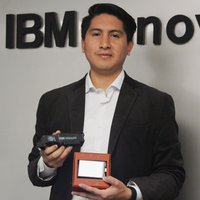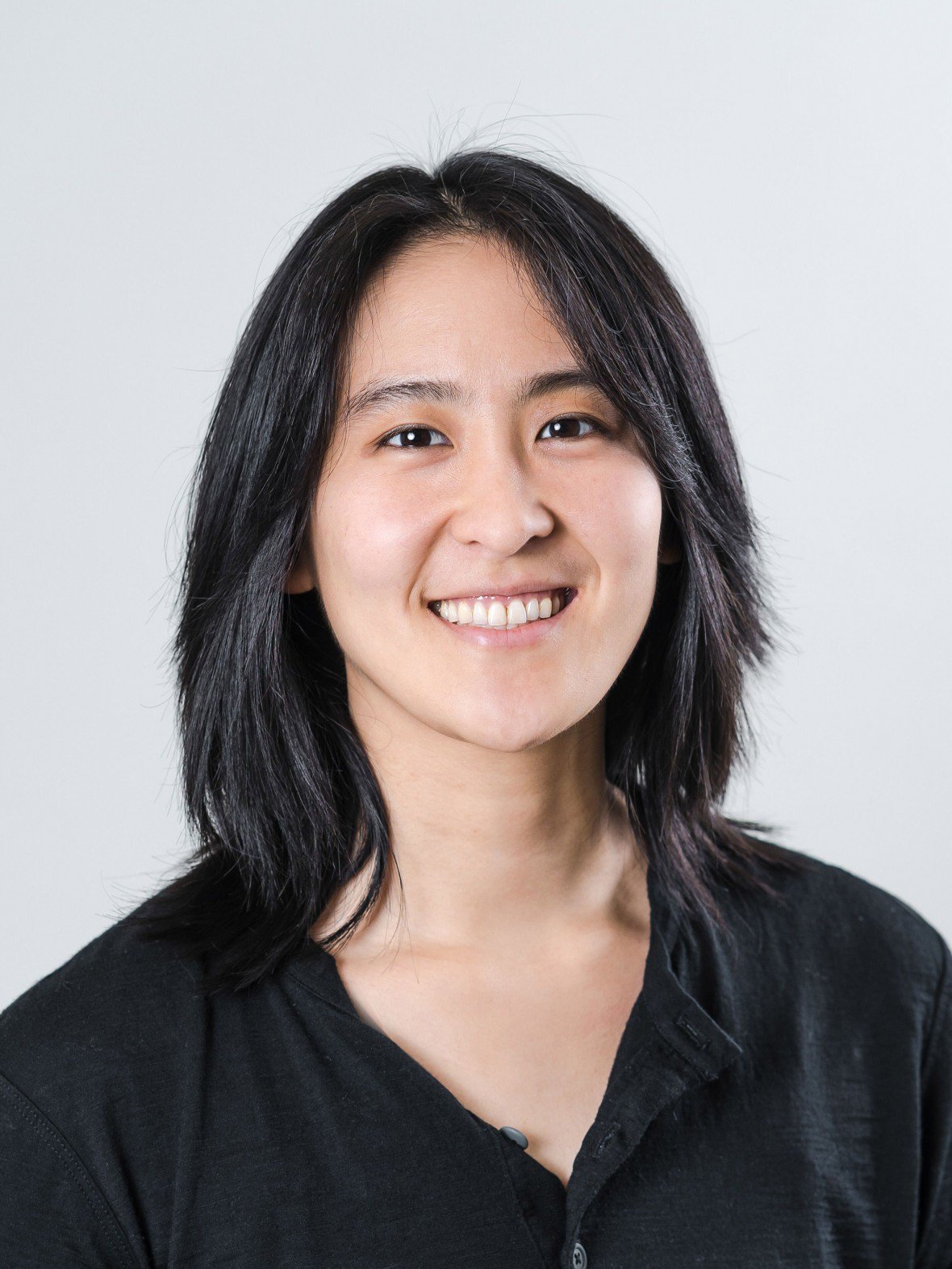Artificial intelligence & robotics
Vivian Chu
Her robots do some of the grunt work so hospital staffers can spend more time with the patients

Global
Himabindu Lakkaraju
Her AI program aims to weed out bias in decision making

Latin America
Stanley Salvatierra
Low-cost open-code AI products decrease traffic incidents and help fight electoral fraud

Europe
Leslie Nooteboom
His AI predicts pedestrian behavior based on their culture in order to prevent traffic accidents

Latin America
Leoncio Huamán Peredo
His glasses show people with hearing impairments what other people are saying
